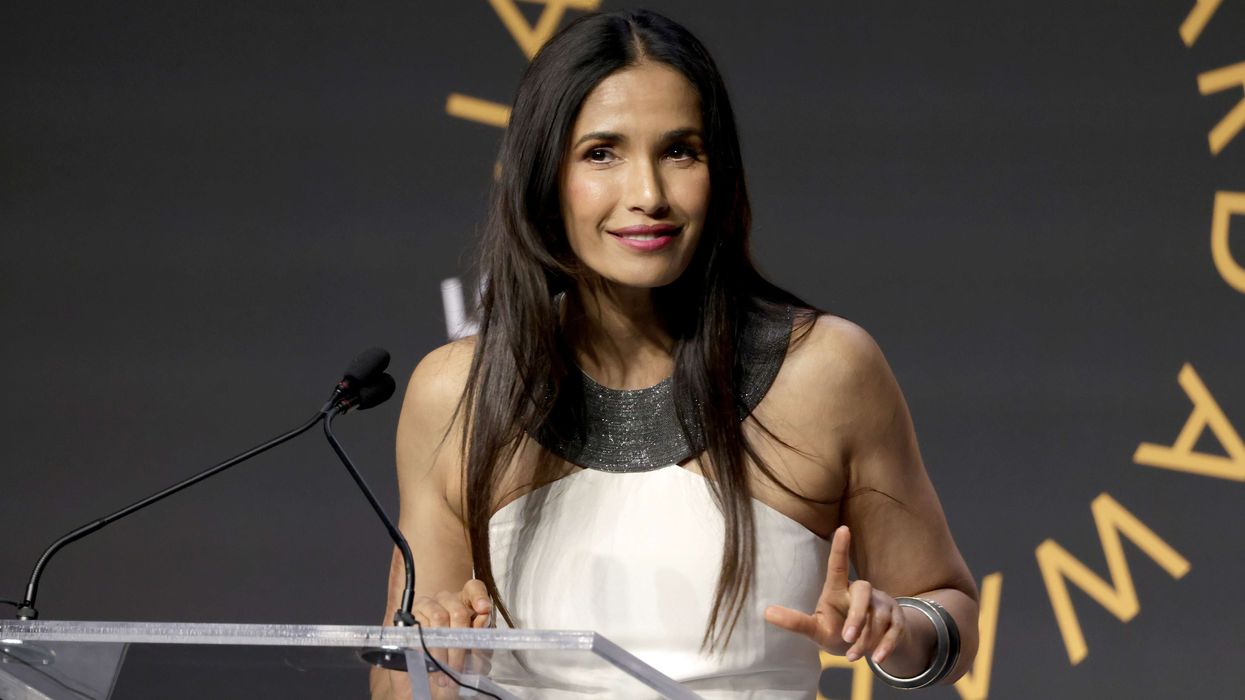Last seen in Nikkhil Advani’s Lucknow Central (2017), actress Diana Penty plays a significant part in actor-producer John Abraham’s new film Parmanu: The Story Of Pokhran. The actress, who is quite choosy about her work, portrays the character of a security officer in the movie which narrates the story of how India became a nuclear power by conducting nuclear tests in the year 1998. Ahead of the release of the much-awaited flick, our Mumbai correspondent, Mohnish Singh, caught up with Diana for a brief interview, where the actress talks about her role, preparations and why she is so choosy about selecting films. Excerpts...
Diana, how did you come on board to be a part of Parmanu: The Story Of Pokhran?
I was called from John’s office saying that Abhishek Sharma wants to meet me. He was the first person I met actually, for the project. He took me through what he had in mind and what it was about in a nutshell.
What did you like about your character in the film?
I was very intrigued by the story and was thinking how can a woman fit into this space that can be aptly described as men’s world. I was excited to know that he (director) had thought of a woman character and that I would be able to play a strong woman in a predominantly male world. For me, that was one of the special aspects of this project.
How did you prepare for your role of Ambalika?
My preparation, I have been saying all along, is Abhishek Sharma because he prepared workshops. He had his information down to the T, he was extremely knowledgeable about the subject by the end of it. It’s very rare to come across a director that gives so much importance to research, who does his homework before you start shooting. This makes the actual shooting process quite a cake walk. My research was sitting with him and actually figuring out what all the facts were.
What made you want to be a part of this project?
The first thing I wanted to know was, how much of this film is fact and how much is fiction, as that would make a huge difference if I would want to do it or not because subject like this I would not have wanted it to be fictionalised or dramatized just for the sake of being a Bollywood film. That’s when I found out that, as John said, the film is 85% to 90% accurately fact-based and whatever was added for fiction was not really changing the storyline in any way. It was just because we couldn’t use real names, we didn’t have the liberty to, so we had to fictionalise certain characters. So, that’s what made me even sure that this was definitely a film that I wanted to be able to tell.
You are said to be very choosy with your films. Comment.
It’s not that I set out to be picky or choosy. It comes across like that to people because, at the end of the day, I have to be able to sleep at night and I know I will only be able to do that only if I am doing the work that personally satisfying to me and is not just frivolous. I read a lot of scripts but it’s very difficult to find those scripts that you truly believe in and I wait for those. That process is a lengthy one; it’s very easy to do everything that comes your way. I actually think that’s a much simpler approach. The best thing I could say about this whole process is that I don’t regret anything. I have no regrets; I am very happy with the films I have done.












